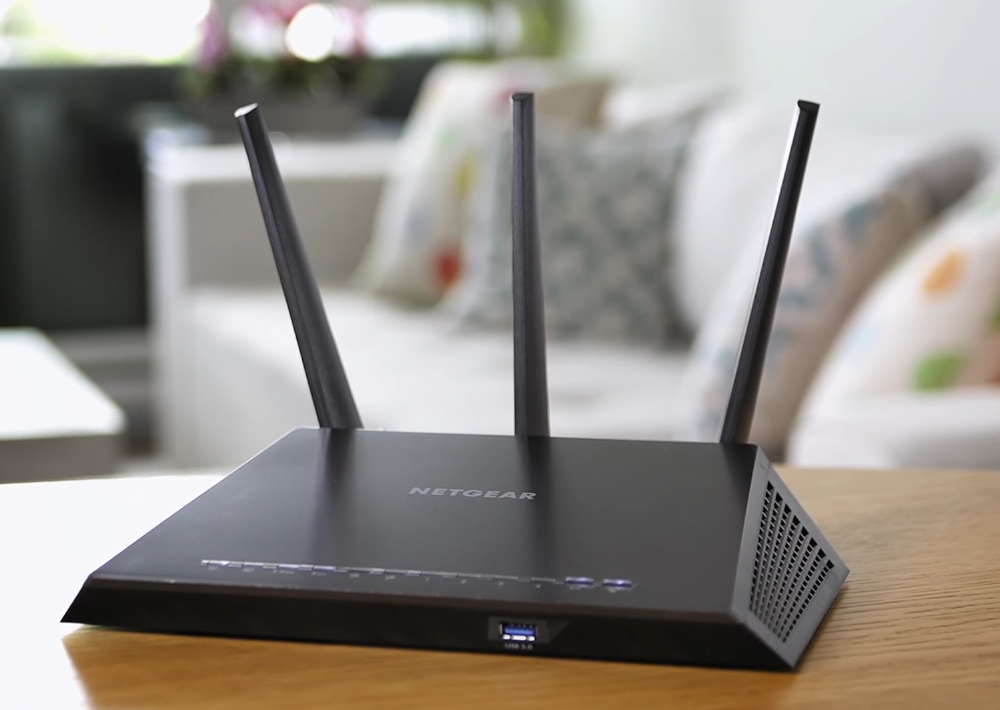Not sure if this is a good idea but Ive been doing a lot of upgrading to my home network and perhaps this could be a place to get togther to discuss this stuff as its not quite all gaming related.
What are some of your home network setups?
What VPN(s) do you use? Why choose that one?
Could be a fun discussion and perhaps help out those who dont know shit (like me).
Also share pics, messier the better dont worry if it doenst look great! Messy setups are fun!
Eventually I would like to build the OP with lots of links and How Tos and other resources. But as I am no expert I dont want to post bad information. Please let me know what should be added to really make the OP look great and be informative.
Resources
Forwarding/Opening Ports on your router
Recommneded Hardware
Easy to setup and manage routers/wifi mesh systems


Comparisons of Custom Firmware for Certain Routers (make sure your router is supported)
- DD-WRT vs Tomato vs OpenWRT
What are some of your home network setups?
What VPN(s) do you use? Why choose that one?
Could be a fun discussion and perhaps help out those who dont know shit (like me).
Also share pics, messier the better dont worry if it doenst look great! Messy setups are fun!
Eventually I would like to build the OP with lots of links and How Tos and other resources. But as I am no expert I dont want to post bad information. Please let me know what should be added to really make the OP look great and be informative.
Resources
Forwarding/Opening Ports on your router
Recommneded Hardware
Easy to setup and manage routers/wifi mesh systems


Comparisons of Custom Firmware for Certain Routers (make sure your router is supported)
- DD-WRT vs Tomato vs OpenWRT
Last edited:








